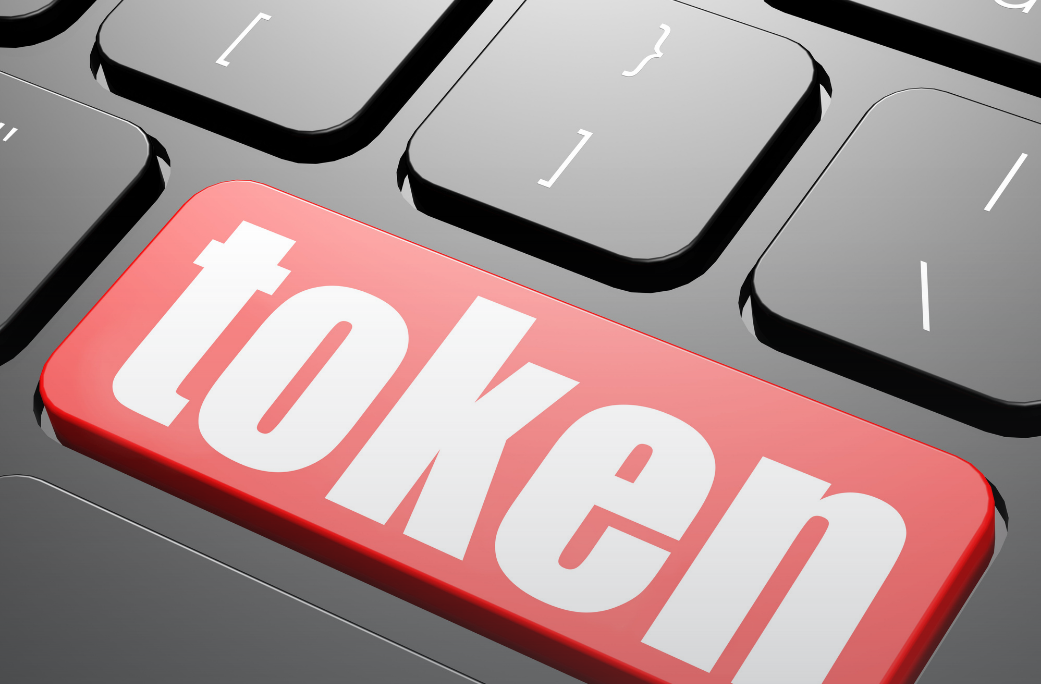Tokenization has already transformed how assets are issued, owned, and exchanged. By converting real-world assets into digital units on an immutable ledger, it enables more efficient and streamlined systems, cutting out layers of manual processes. However, like any digital innovation, the full potential of tokenization is unlocked only when paired with advanced data protection.
This is where zero-knowledge proofs in blockchain deliver true value. They enable the validation of information without actually disclosing it. Whether it’s proving eligibility, demonstrating compliance, or verifying ownership, zero-knowledge techniques provide strong assurances while protecting what matters. The integration of tokenized systems with zero-knowledge proofs creates a foundation for privacy-focused, rules-based interactions.
This enables financial institutions and enterprises to build secure, compliant infrastructures that maintain data control at every step.
What is Zero-Knowledge and Why Does it Matter?
Zero-knowledge proofs are cryptographic methods that allow one party to prove something is true without showing the actual data. It’s like being able to prove you’ve passed a background check without handing over your full report. This has powerful applications when working with immutable ledgers that track asset movements, contractual obligations, or identity credentials.
Zero-knowledge proofs in blockchains are designed to support these kinds of verifications directly within their structure. They allow operations such as transfers or validations to happen without making the data available to others on the network. These systems prioritize confidentiality, enabling participants to validate compliance or ownership while keeping sensitive information under control.
Technologies like STARKs add efficiency and scalability, making it easier to handle complex transactions without revealing their contents. This design makes zero-knowledge proofs in blockchain a practical fit for organizations where privacy and auditability must go hand in hand.
Real Benefits from Privacy-Powered Tokenization
The benefits of privacy-powered tokenization are clear. Some are listed below:
1. Verified Transactions Without Revealing Data
On traditional systems, proving a transaction occurred often requires revealing the sender, recipient, and transaction amount. That level of exposure is not always acceptable. With zero-knowledge proofs in blockchain, transactions can be validated without disclosing any underlying data. The result is a confirmed event that maintains privacy. This supports workflows like asset transfers, trades, and payments in a way that’s both secure and discreet.
2. Regulatory Compliance Through Cryptographic Proofs
Compliance is mandatory, but handing over raw data to third parties introduces risk. Zero-knowledge proofs in blockchains enable the confirmation of rules being followed without disclosing sensitive information. For example, a transaction can prove that only verified investors were involved or that regional regulations were met without exposing the personal or business details of those involved. This satisfies regulatory needs while preserving operational confidentiality.
3. Private Identity and Credential Validation
Many systems require users to verify their identity or demonstrate that they meet specific qualifications. Normally, this involves showing identity documents or financial details. In the context of zero-knowledge proofs in blockchains, a person can prove they hold a specific credential, such as age, residency, or accreditation, without revealing the credential itself. This creates a safer way to handle onboarding, access control, and compliance processes, especially for platforms dealing with sensitive user information.
4. Self-Verification with Downloadable Proofs
One of the most practical features of these systems is that proofs can be downloaded and verified locally. This gives users and businesses full control over when and how they confirm the validity of a transaction, a credential, or a rule-based outcome. There is no dependency on a third-party server or authority. If a business needs to audit past activity or demonstrate legitimacy to a partner, having verifiable proof on hand ensures both security and independence.
5. Confidential Ownership and Asset Management
Asset holders often want to keep their activities private, especially when handling high-value or strategic transactions. Zero-knowledge proofs in blockchain make this possible by enabling asset ownership and transactions to be verified without revealing sensitive information such as identities, transaction amounts, or asset types. . Tokenized real estate, equity, or alternative investments can be transferred, pledged, or authenticated on chain while maintaining confidentiality. This creates a reliable yet discreet infrastructure for managing and operating financial portfolios.
This Tech is Already Changing the Game
From private lending platforms to cross-border settlements, the combination of tokenization and zero-knowledge proofs in blockchain is already reshaping many sectors. When talking about finance, banks may issue tokenized assets while keeping transaction details confidential. Identity systems may validate user credentials, like age or residency, without storing or exposing personal data.
This is especially valuable in KYC and investment compliance. For regulators, zero-knowledge proofs offer assurance that rules are being followed without accessing or storing sensitive information. It’s a privacy-first design that still supports auditability and accountability, two pillars of financial regulation. As institutions face growing demands for both data security and proof of compliance, this pairing offers a future-ready solution that meets both without compromise.
Building Secure Digital Systems for Tomorrow
The convergence of tokenized systems and zero-knowledge proofs is redefining the landscape of secure digital finance. Together, they establish a framework where transactions, compliance checks, and identity validations can be executed with full assurance without ever exposing sensitive information. From seamless asset transfers to smart contract automation and privacy-first onboarding, this synergy empowers institutions to maintain both confidentiality and control.
Technologies like STARKs add scalability and performance to the equation, while downloadable, portable proofs enable independent verification without relying on third parties. As the demand for trust and regulatory compliance intensifies, zero-knowledge blockchains offer a powerful path forward.
For forward-thinking businesses ready to take this leap, platforms like rootVX offer the building blocks to bring privacy-focused innovation to life securely, efficiently, and at scale.
